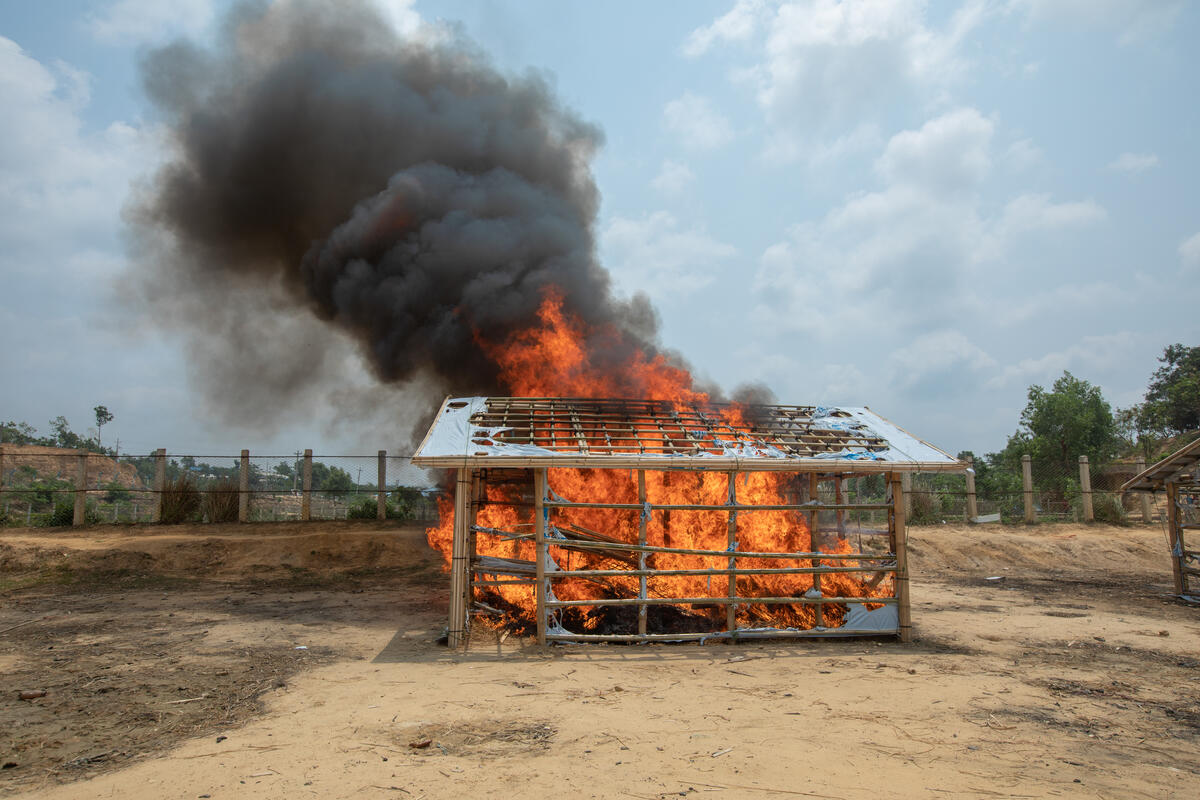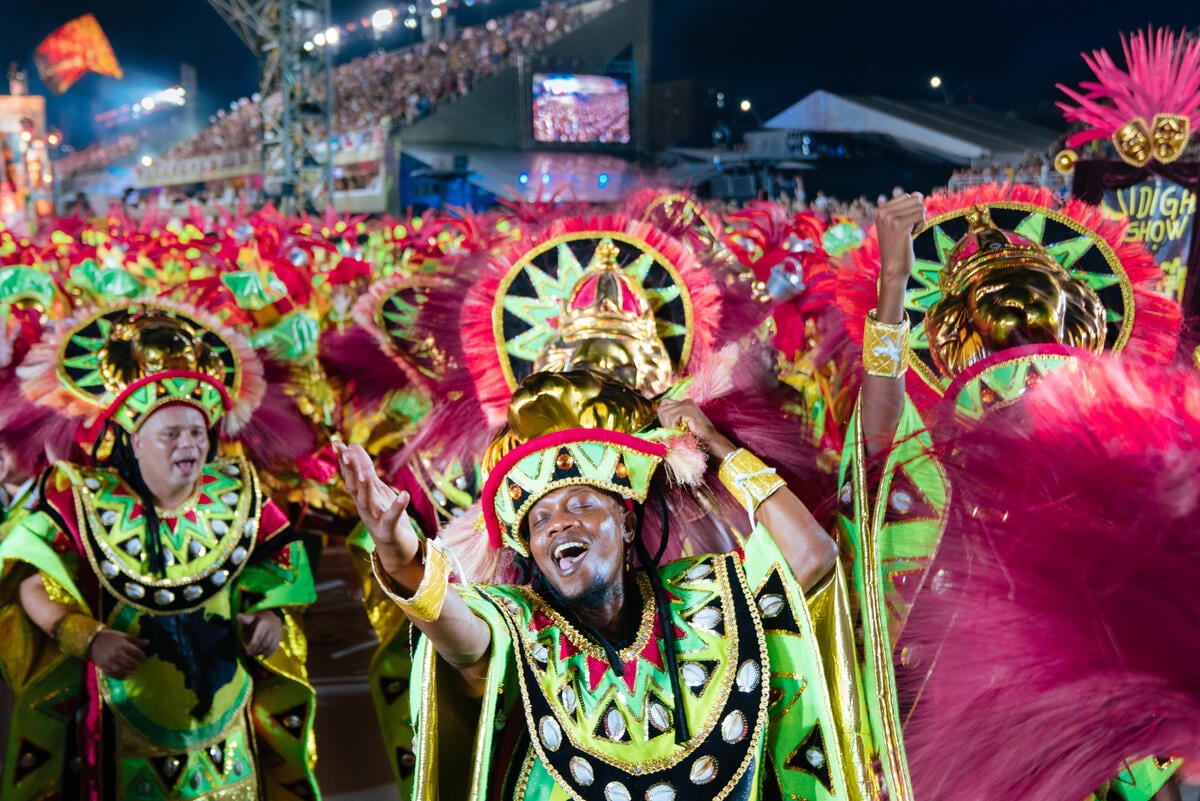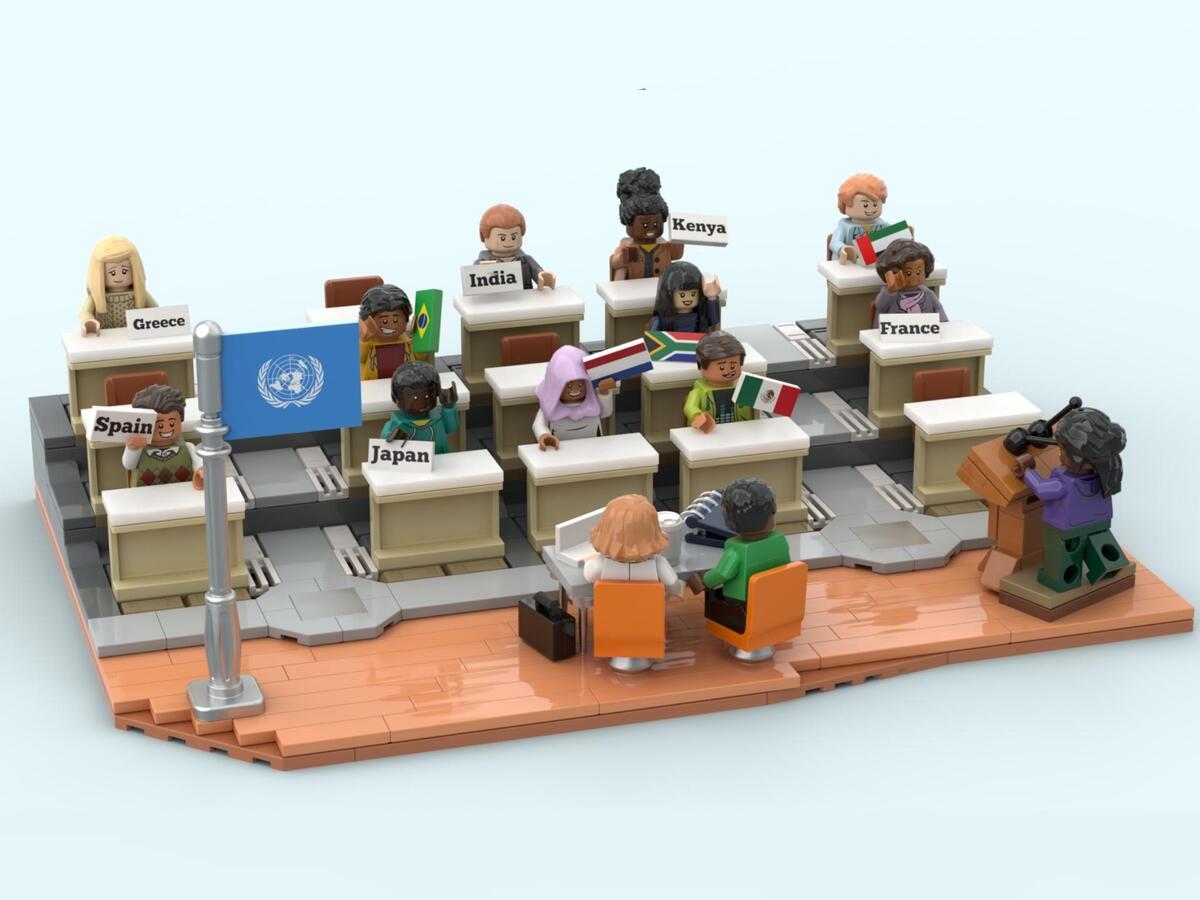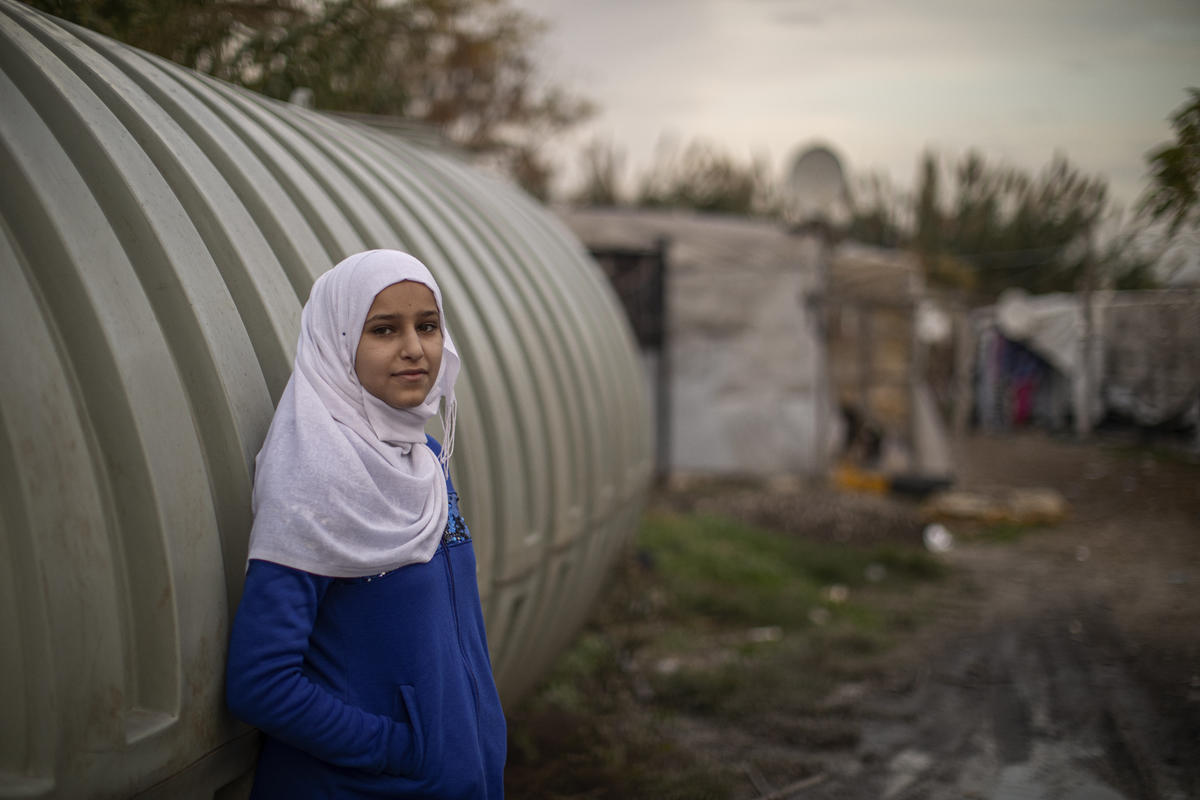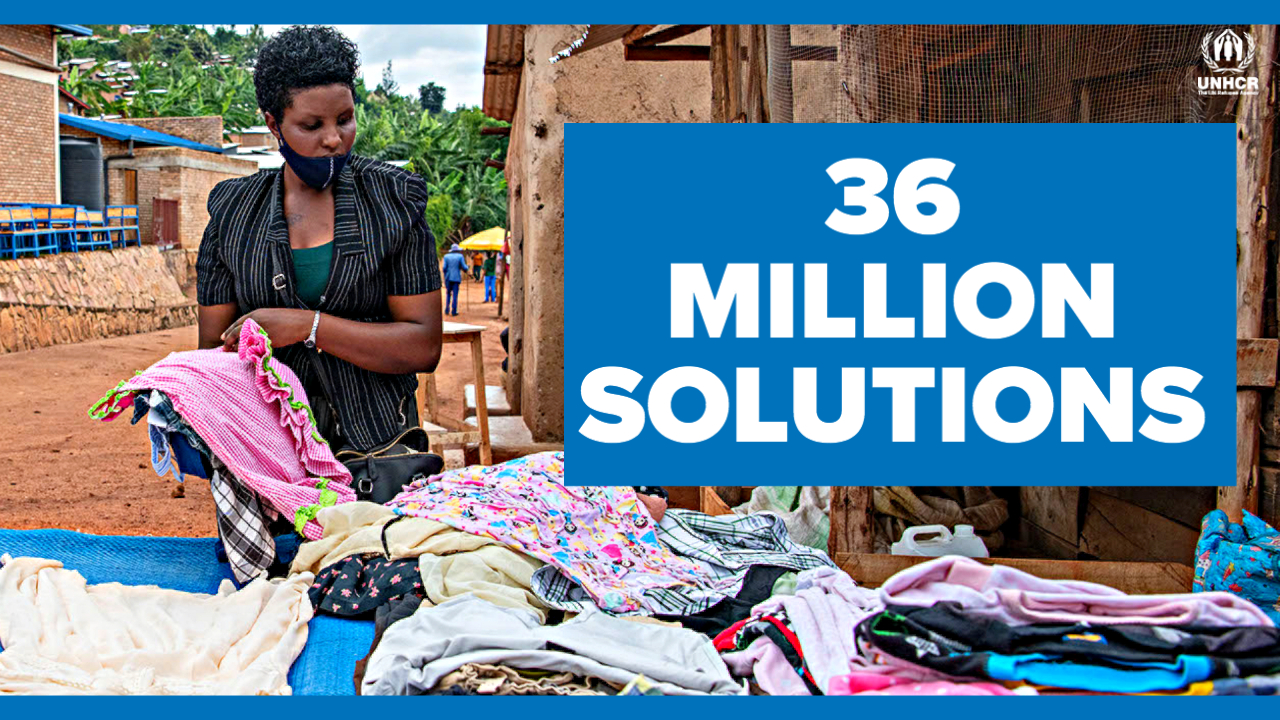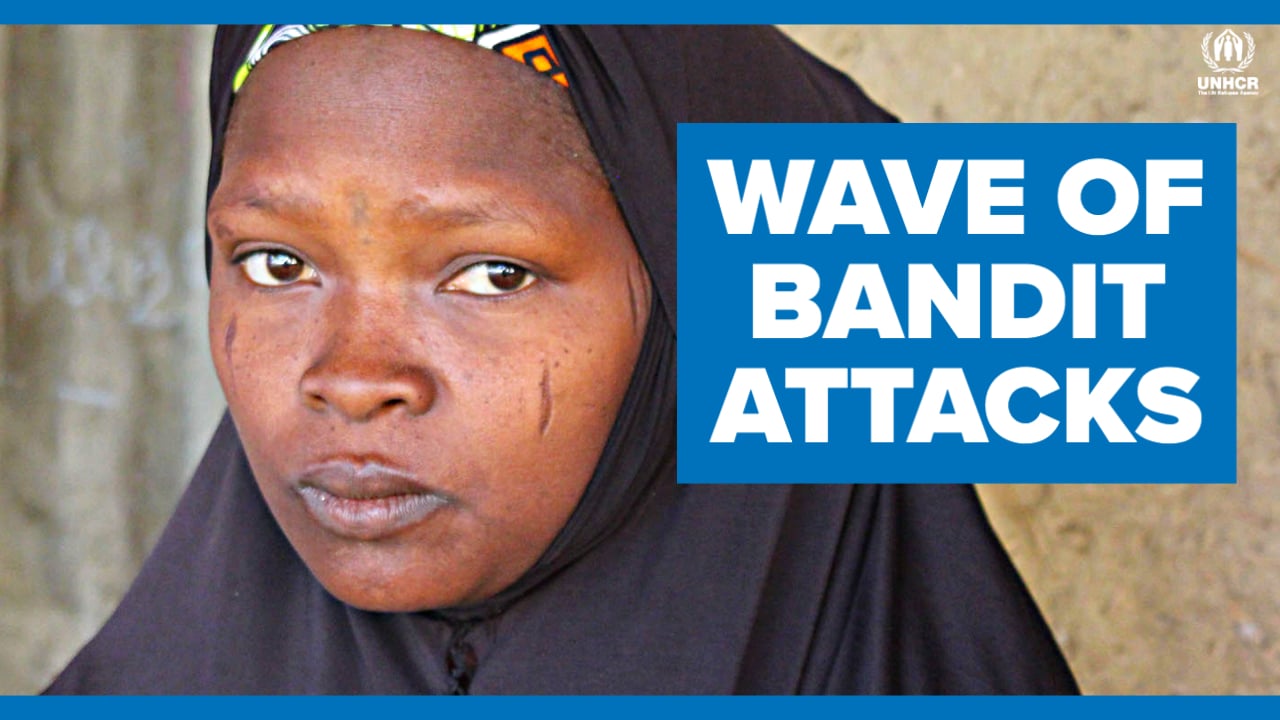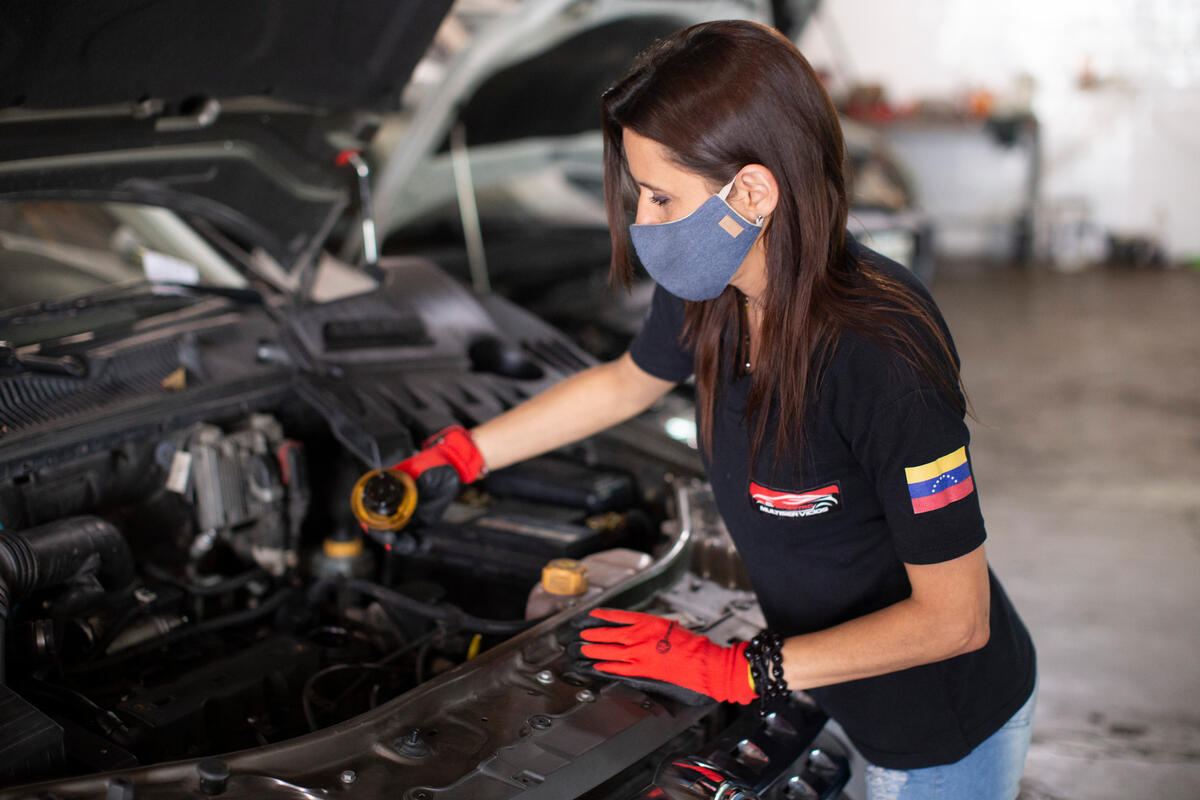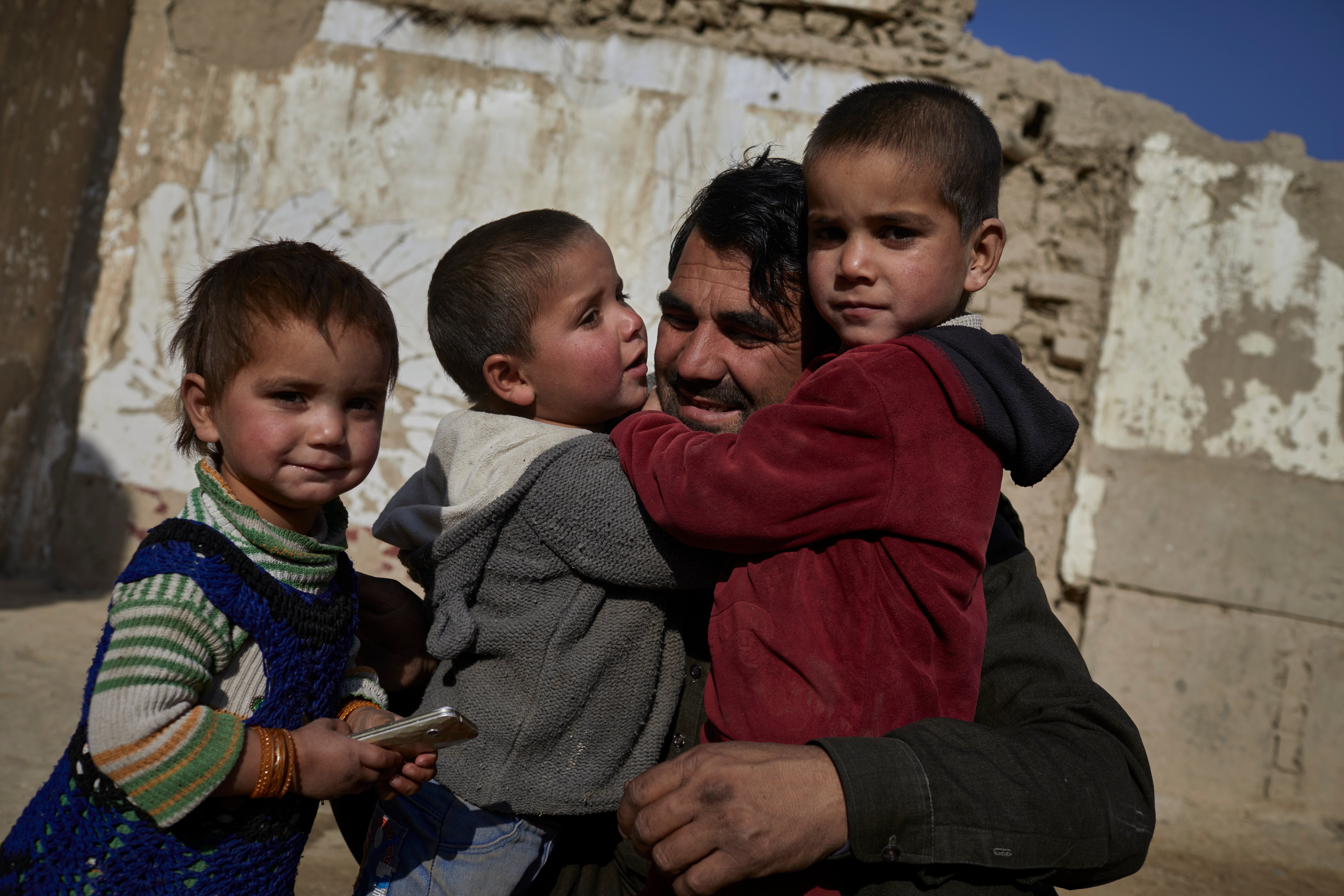Refugees living in Argentina meet Pope Francis
Refugees living in Argentina meet Pope Francis

VATICAN CITY STATE - It’s not every day that a person around the world gets to meet the Pope.
For four refugees living in Argentina - Okba, from Syria; Diana, from Colombia; Omar, from Venezuela; and Ndathie, from Senegal - this became a reality lon 20 February when they participated in a public audience with Pope Francisco (Francis).
They travelled to the Vatican as part of a committee of migrants and refugees, representatives from different immigrant communities that reside in Argentina, accompanied by the Argentine Human Rights and Cultural Pluralism Secretary Claudio Avruj, a group of government officials and UNHCR and IOM officers, with the mission of promoting dialogue, respect and diversity.
“It was a really emotional moment,” says Ndathie. “Just seeing the Pope is something really important. And listening to him speak about love, about migrants and refugees, about human life and many sensitive issues... It was a moment that one can never forget.”
For Diana, greeting the Pope was also a unique experience: “He is one of the voices that, at a global level, has stood up to defend the human right to migrate and the right to international protection.”
The encounter was also an opportunity to promote refugees' participation and to forge connections between the members of different immigrant communities.
“Being part of this delegation is really important, because I’m not just representing myself – I’m representing thousands if not millions of persons who need to be present in a place and event that has the attention of the whole world,” says Okba.
“He is one of the voices that, at a global level, has stood up to defend ... the right to international protection.”
“Having such close contact with so many immigrant communities and exchanging experiences was very valuable,” says Omar. “To be able to understand our differences and agree on the things that will help us contribute” to Argentine society, that is the most important takeaway, he adds.
Renata Dubini, UNHCR Director for the Americas, joined the group of refugees that attended the public audience with the Pope, who has expressed his concern over the plight of refugees and migrants around the world and called for solidarity with these vulnerable populations in several opportunities.
“I accompanied the Argentine delegation that brought together different representatives of those (groups that) who found a new home in Argentina over the past decades. I am confident that this tradition of welcoming (immigrants) extends to newly arrived refugees, such as those who joined us during the visit, who can find both in Argentina as well as in the rest of Latin America integration opportunities, recover their dignity and contribute to the developments of our communities,” she said.
For Okba, Diana, Omar and Mustafa this was not only the first time meeting the Pope and visiting Rome, but also an opportunity to share their experiences of integration in Argentina.
“My experience of integration was not easy at first, because of the language barrier. But after a while, when I learned Spanish communicating with people became really easy, I made friends,” says Okba, who arrived to Argentina in 2017 through the community sponsorship Syria Program. “When I started working, that helped me integrate. Because I’m not in Argentina for a while: I’m in Argentina to have a life.”
Diana, who works as a teacher, arrived in Argentina 10 years ago. “I travelled by land during three months from Colombia. I left in the context of socio-political violence,” she says. In Buenos Aires, her sister, who was married to an Argentine man and had an Argentine daughter, was waiting for her. “I found affection and solidarity in a very difficult time of my life,” Diana says.
“At first, I didn’t understand anything of how the country worked. I’ve never been away from home for so long,” says Omar, who arrived in Argentina in 2016. After getting settled, he founded Latin Vox Machine, an orchestra that gathers musicians from Venezuela and other Latin American countries. It has played in some of the biggest theatres of Buenos Aires City and it also functions as a space of integration.
Ndathie arrived to Argentina from Senegal in 2007, when he was 22 years old, looking forward to starting a new life. He requested asylum when he got to the country, and after working as a street vendor and studying to improve his Spanish, he got a job and became an Argentine citizen. Today, he works as an administrator at the National Refugee Commission, and he is attending law school. “I want to get better at my job and to be able to help those who need it,” he says.
During the three-day visit to Rome, the delegation also visited historical sites, met with a senator of Argentine origin and visited a reception center for refugees.
About 137.000 people of concern to UNHCR live in Argentina, where the UN Refugee agency has been supporting this population through protection and durable solutions programs since 1965.

